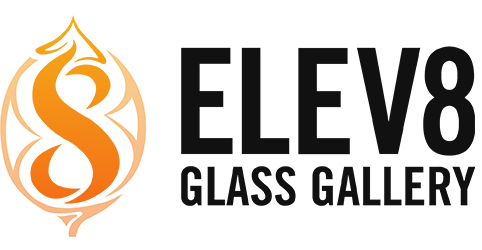Scientists. The ground glass joint has been around for nearly 100 years. At some time someone in this industry decided to add a joint to the glass, moving away from a slide downstem with a slider bowl and grommet.
Mostly with an image. You can see more at our terms. Basically it is stringers that are pulled and lain inside the glass in a criss-cross pattern.
The one that has yet to be made. Artistic perc would be the hardest we feel as a lot of time and artwork has to be put into it. Then it is placed inside the rig. The bigger and more complex the perc, the harder it is to make.
Very carefully. This is a very complicated piece. For the top or bottom, half a tube with a bubble is made. Then the top part of the bubble is let to fall into the bubble making a half bubble. Then holes are pushed to join the two parts. This makes like a swiss cheese effect …
Millies are made and then they care cut into small chips. The chips are then laid out and melted together. Then the “sheet” of glass it turned into a tube. Or each chip can be lain on a tube and then build a tube
On the basics we line a tube with rods of color. Then we melt the color into the clear tube and then pull the glass. This is a line tubing pull. Vac Stack Stringer Color Method There is also a color pull dip. This is where we have molten glass and dip a tube of …
Continue reading “What is the proper way to explain a color pull?”
Mushroom imposition are done a few ways. One way is to make a 2-4mm stringer. On the end make a round part, this becomes the mushroom head. Then you push this into a clear glob of glass. Another way is to lay a dot and let the glass roll over it making a stem. Then …
There is only one type of borosilicate that we know of. There are many manufacturers and they all act slightly different. German – Shott USA – Old Pyrex and US 33 The Czech Republic – Simax Chinese – Indian –
Yes, this is how the thermal chromatic bangers work. Cadmium based glass like red, yellow, green and orange all change color when they get hot enough. Red – Black Yellow – Orange Orange – Red/Black Green – Black
See our Blog on Terms and Techniques The softening pointis 820 °C ( 1,510 °F )
